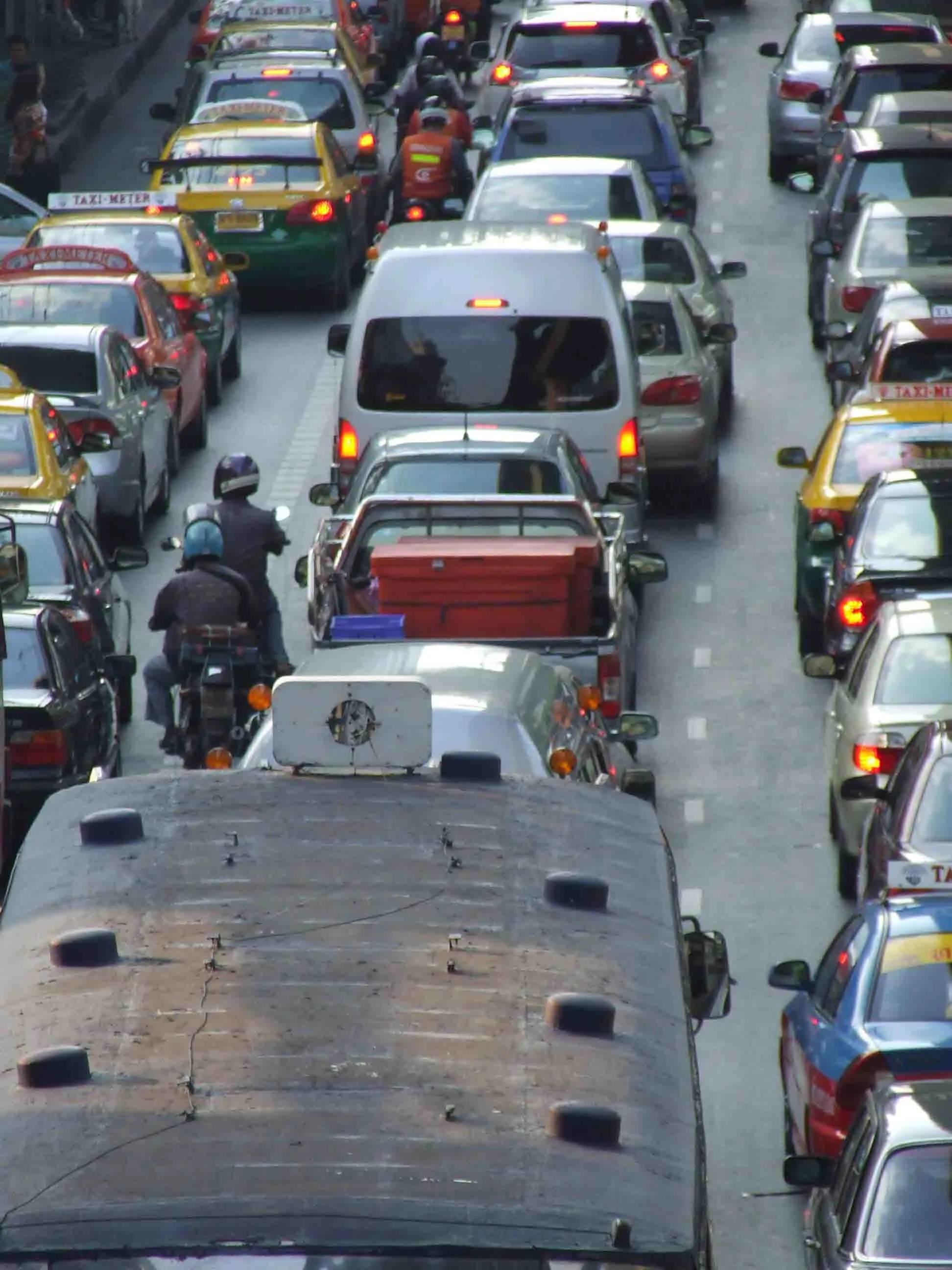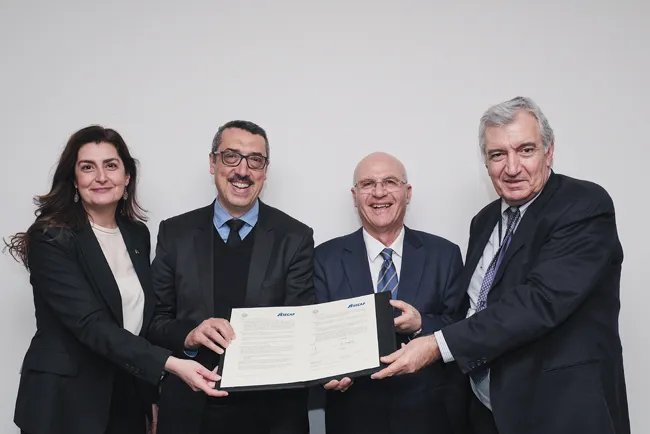The latest IRF Bulletin is wholly devoted to issues of Environment & Climate Change as they impact on the road infrastructure sector. It features an authoritative but highly readable set of articles contributed by IRF members throughout the world. A comprehensive range of topics is covered in-depth, including policy & regulatory measures, tools for assessing, quantifying and reducing greenhouse gas emissions, technology advancements and mechanisms for adapting to climate change impacts.
May 8, 2012
Read time: 1 min
RSSThe latest 713 International Road Federation Bulletin is wholly devoted to issues of Environment & Climate Change as they impact on the road infrastructure sector. It features an authoritative but highly readable set of articles contributed by IRF members throughout the world. A comprehensive range of topics is covered in-depth, including policy & regulatory measures, tools for assessing, quantifying and reducing greenhouse gas emissions, technology advancements and mechanisms for adapting to climate change impacts.
In view of overwhelming response from members, and the exceptional number of submissions received, we have decided to run a second volume on the same theme which is scheduled for publication this Spring.
The IRF Bulletin is now available for download from the1201 IRF Geneva homepage
In view of overwhelming response from members, and the exceptional number of submissions received, we have decided to run a second volume on the same theme which is scheduled for publication this Spring.
The IRF Bulletin is now available for download from the









